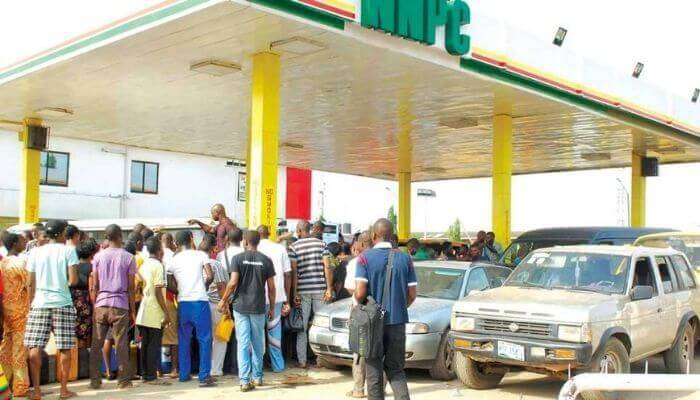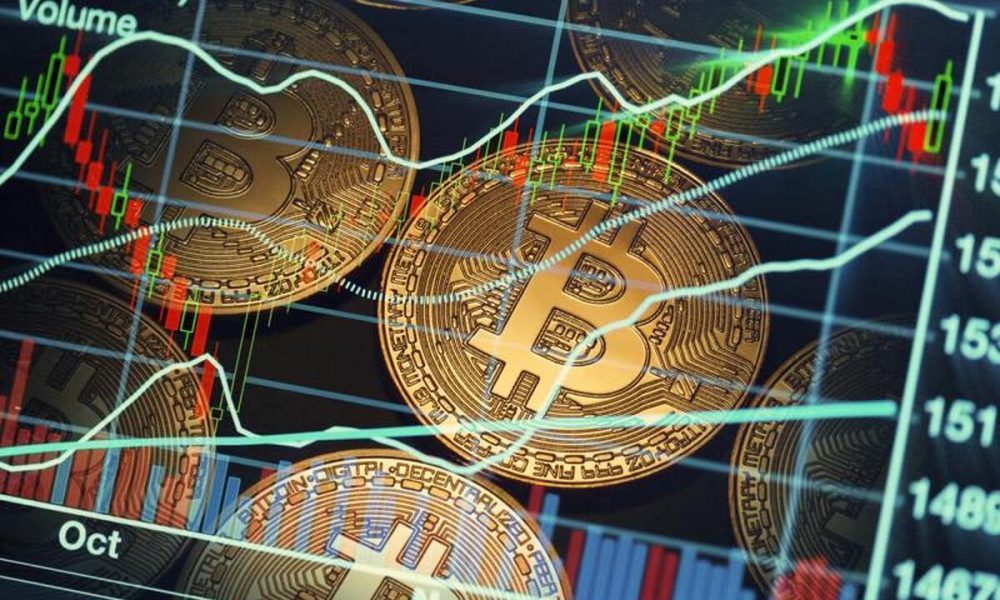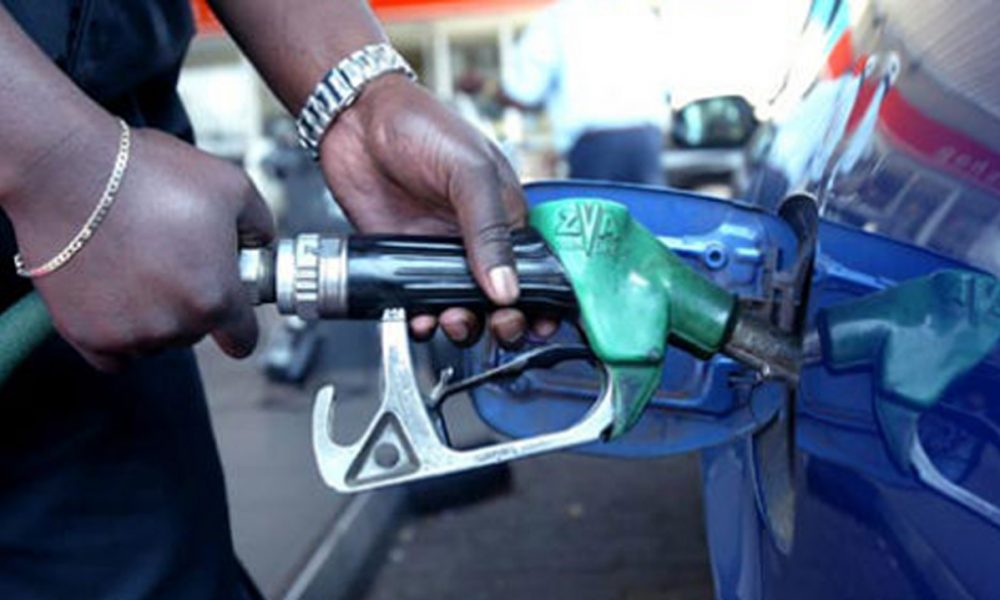Nigeria’s Fuel Crisis Reaches New Heights: Updates, Reactions, and the Government’s Long-Term Plan
The Nigerian government, under the administration of President Bola Tinubu, has taken a bold step by increasing the price of petrol, causing a stir among citizens already grappling with economic challenges. As a result, residents in Lagos and Abuja can expect to pay N1,025 and N1,060 per litre of petrol, respectively.
Prior to this development, petrol was priced at N1,030 in Abuja and N998 in Lagos, with prices varying between N1,150 and N1,200 per litre at other stations. The latest price hike is attributed to prevailing economic conditions, which may further strain Nigerians’ already delicate financial situation.
Since President Tinubu took office in May, petrol prices have skyrocketed from N145 to over N1,000, exacerbating the financial burden on citizens. As a way to mitigate this issue, the government has set up an Implementation Committee on Crude Oil and Refined Products Sales in Local Currency, chaired by Finance Minister Wale Edun and comprising Aliko Dangote, Chairman of Dangote Group, and Mele Kyari, Group CEO of the Nigerian National Petroleum Company Limited (NNPC).
The committee has begun a briefing at the Aso Rock Presidential Villa, with the aim of stabilizing domestic fuel prices and strengthening Nigeria’s currency by reducing reliance on the US dollar in oil transactions. This shift in policy will see the NNPC supply crude oil in naira, with the Dangote Refinery serving as the pilot facility.
In an effort to reduce its reliance on costly imports from Europe, Ghana is considering sourcing petroleum products from the newly operational Dangote Petroleum Refinery in Nigeria. According to NPA Chairman Mustapha Abdul-Hamid, once the refinery reaches its full capacity of 650,000 barrels per day, Ghana could potentially reduce its $400 million monthly bill on European imports. This could lead to lower prices and freight costs, positively impacting the prices of other goods and services in Ghana.
Abdul-Hamid also proposed the idea of a common African currency, which he believes would further reduce the reliance on the dollar, stabilize the region’s trade and currency demands, and ultimately benefit the people.



